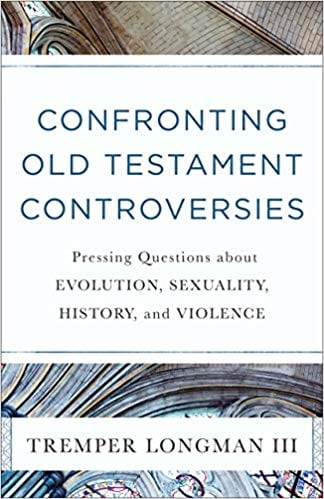Q. In your last main chapter, you focus on the fact that the story of Sodom and Gomorrah is not in the main about homosexuality but rather about violations of hospitality. And yet Jude surely suggests that sexual perversion was at least part of the issue. Right? A. Yes, he does and I think I mention Jude briefly (or should have!). But then the question is what is the nature of the perversion. After all there is a whole list... Read more










